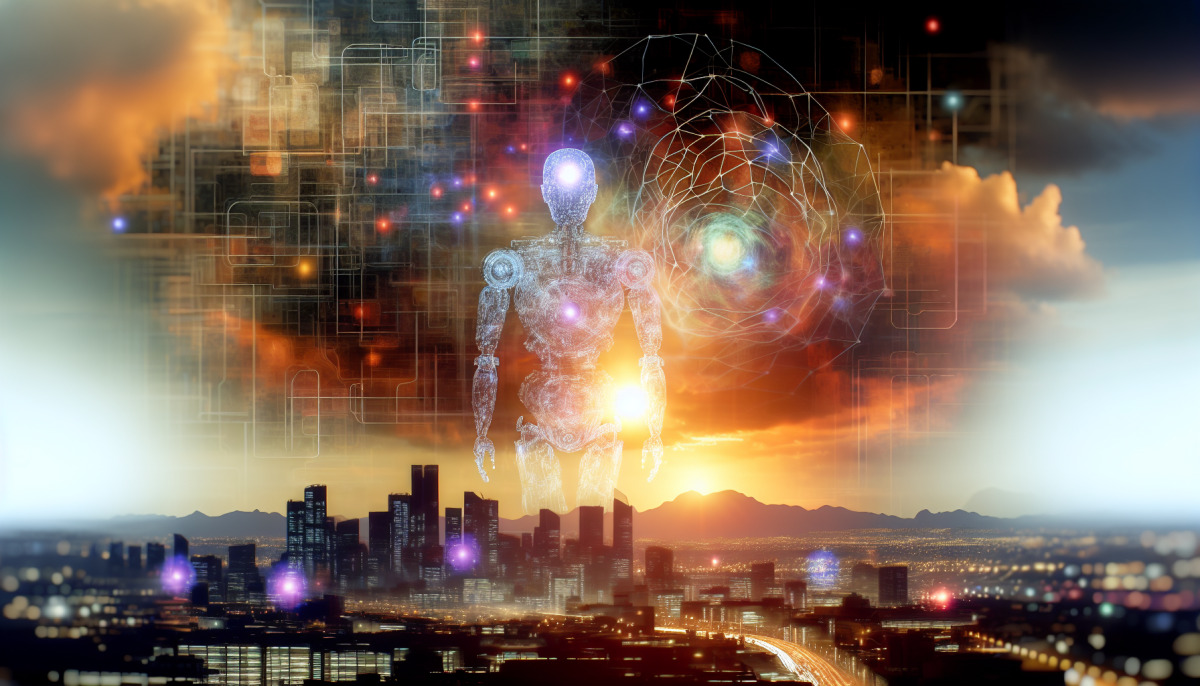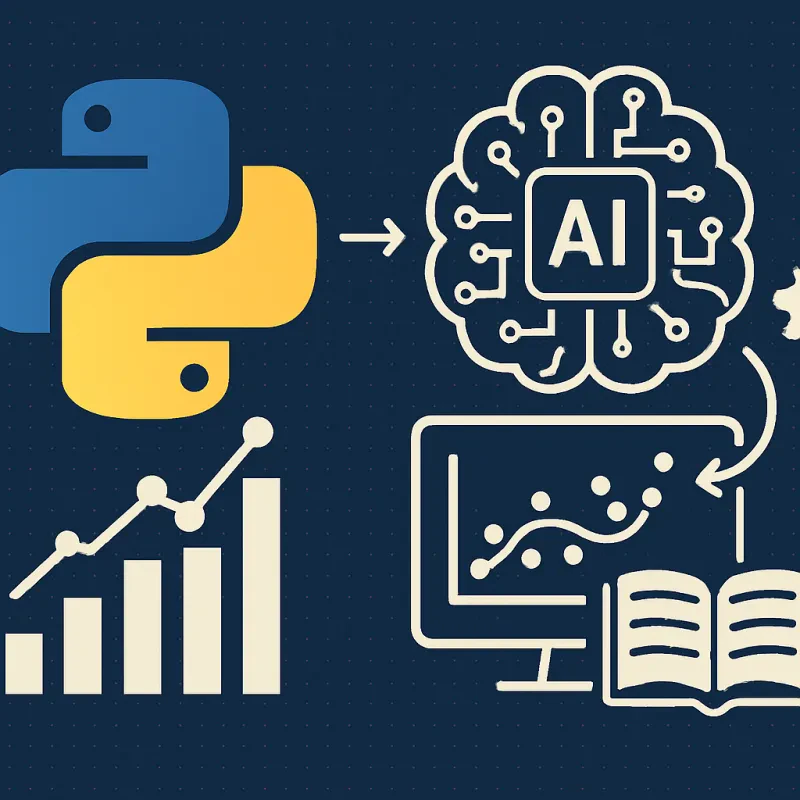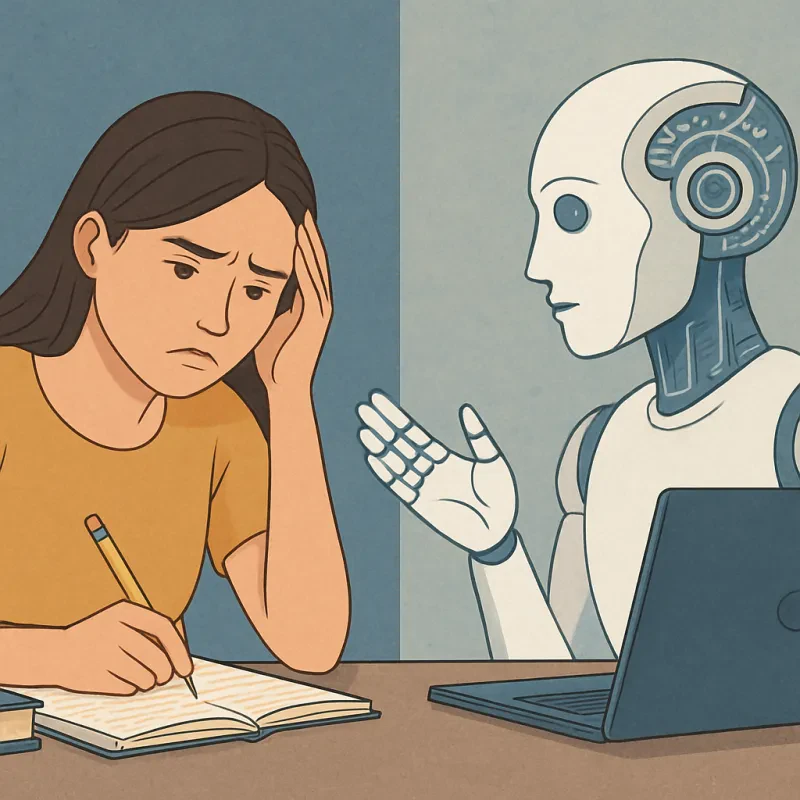Smart machines are taking the world by storm, and it's pretty exciting! These are the gadgets and systems that can think, learn, and even make decisions on their own. Can you imagine a coffee maker that knows just how you like your brew? Or a vacuum cleaner that maps out your floor plan and cleans it like a pro? That’s the power of smart machines.
The rise of these devices isn’t just about convenience, though. They’re re-shaping industries. In healthcare, AI-powered tools can help diagnose diseases by analyzing medical images faster than a human doctor. In finance, smart software predicts market trends and helps investors make better decisions. It’s like having a super-smart assistant by your side, making your job easier and more efficient.
But there’s more! The beauty of smart machines is their ability to learn from experience. They don't just follow instructions; they adapt. This means they get smarter over time. For example, AI chatbots can improve their responses based on past interactions, making customer service a breeze. Who wouldn't want to chat with a bot that gets better the more you talk to it?
With everyone jumping on the AI train, it’s clear that smart machines are just getting started. From smart homes to smart cities, the future looks bright. We’re living in a time where technology isn’t just changing how we do things; it's transforming our lives in ways we never thought possible. Hands up if you're ready for this journey!
Key Moments in AI History
AI has come a long way since its early days. Let's take a look at some key moments that lit the spark for the AI revolution we see today.
In the 1950s, things really kicked off with a conference at Dartmouth College in 1956. This gathering brought together some of the brightest minds in technology. They believed that machines could mimic human intelligence. This was the birth of AI as a field! Researchers started exploring various techniques to make computers think and learn.
Fast forward to the 1960s, when AI systems like ELIZA made headlines. ELIZA was a chatbot developed by Joseph Weizenbaum that could hold simple conversations. It amazed people with its ability to respond to text inputs as if it understood human emotions. This was a game-changer and showed that computers could handle language to some degree.
In the 1980s, the concept of expert systems gained traction. These computer programs were designed to mimic the decision-making abilities of a human expert in specific fields, like medicine or engineering. They made life easier by helping with diagnosis or process optimization, proving that AI could be practical and impactful.
Zoom ahead to the 21st century. The rise of big data and more powerful computing changed the game again. Algorithms became more sophisticated, and machine learning took off. Suddenly, AI could analyze massive amounts of data, recognize patterns, and even beat human champions in games like chess and Go. It was clear that AI was not just a concept anymore; it was shaping the world around us.
How AI Changes Our Lives
AI is changing the game in so many ways, it’s hard to keep track! Think about your phone. It learns from how you use it and can even suggest what you wanna search for next. That’s AI working hard behind the scenes to make your life easier. It’s all about convenience.
In our homes, AI is turning ordinary gadgets into smart devices. You can ask your voice assistant to play your favorite song or control your lights, just like that! Imagine walking into your home and telling it to set the mood—lights dimmed, music on, and maybe even the thermostat adjusted. It’s a pretty cozy setup!
But it’s not just for fun and convenience. In healthcare, AI helps doctors diagnose diseases faster and create personalized treatment plans. Instead of spending hours sifting through data, AI can analyze everything in minutes, helping doctors make better decisions. Life-saving stuff, right?
In the workplace, AI is streamlining tasks and boosting productivity. Whether it’s automating repetitive tasks or helping teams analyze data, it’s freeing up time for people to focus on what really matters—creating and innovating. This isn’t just tech; it’s a whole new way of working smarter.
From your daily routine to major life events, AI is becoming an essential part of our lives. It's not just about technology; it’s about making our day-to-day easier and more efficient. The possibilities are endless, and we’re just getting started!
Future Trends You Should Know
AI isn’t just a buzzword anymore; it's reshaping how we live and work. One major trend to keep an eye on is the rise of personalized AI assistants. These smart helpers will learn your preferences and habits, making everything from scheduling your day to picking the right playlist much easier. Imagine having a virtual buddy that knows exactly how you like your coffee or when you need a break. Sounds cool, right?
Another exciting development is the growing importance of ethics in AI. As technology advances, so does the conversation around responsible use. More companies are starting to think about how their AI systems affect privacy and fairness. This focus on ethics will become essential as we rely more on AI in areas like hiring, healthcare, and law enforcement.
Then there’s the incredible potential of AI in creative fields. We're already seeing AI tools generating artwork, music, and even writing. As these technologies improve, they’ll help artists enhance their craft or spark new ideas. So whether you’re a painter, a writer, or just someone who enjoys creativity, expect AI to play a big role in the artistic process.
Don't forget about the rise of automated decision-making. Businesses are using AI to analyze data, spotting trends faster than any human could. This can lead to quicker and more informed decisions, which is a game changer in competitive markets. Just think about how retail, finance, and even healthcare can benefit from this trend.



